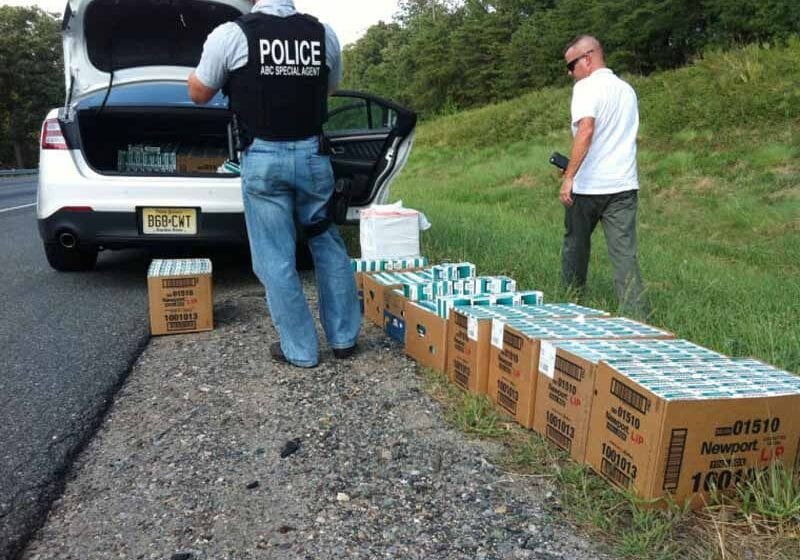The tobacco provisions within Ontario’s 2017 budget have been described by Imperial Tobacco Canada as a reversal of previous policy and a boost for those involved in the country’s biggest illegal tobacco market.
The budget imposes an additional $2 in tax on a carton of cigarettes and makes provision for the addition of another $8 in tax during the next two years.
The Finance Minister was said to have reversed the province’s policy on tobacco taxation a year after putting it in place.
In a statement issued through PRNewswire, Imperial said it was committed to working with government on responsible legislation and fiscal policy, but believed the budget measures would push more people toward the illegal market.
“For a province that has the highest contraband rate in Canada and the second highest in all of the Americas, this increase is both irresponsible and irrational,” said Eric Gagnon, head of Corporate and External Affairs. “The Wynne government is caving to the agenda of radical anti-tobacco lobbyists, an agenda that completely ignores public health and the realities of Ontario’s illegal tobacco trade. Now that these groups have had their way, it’s time to take action because these increases will only exacerbate the significant contraband problem in the province.”
Imperial’s statement said that Ontario was the hub of Canada’s contraband tobacco trade and lost an estimated $1 billion in tax revenue each year because of that trade.
The province was home to more than 20 illegal tobacco factories and hundreds of smoke shacks with ample production capacity.
Illegal cigarettes were produced in facilities that were unlicensed, unregulated and uninspected, and because these products were not taxed, they were purchased illegally for a fraction of the price of legal products.
“If health groups are truly concerned with the health of Ontarians, then we invite them to join in the fight against the illicit trade, which provides cheap cigarettes to youth,” said Gagnon. “It’s time to stop turning a blind eye to the growing criminal trade that’s taking place, not only to help curtail tax evasion, but for the fiscal equity and safety of all Ontarians living in the communities where these criminals operate. This reckless, head-in-the-sand approach to tobacco taxation only benefits organized crime.”
“Ontario has poured gasoline on a fire of its own making and has gone back on a commitment it made in its 2016 budget for scheduled, moderate tobacco tax increases over time. The question now is whether or not Ontario will take decisive action to put that fire out? We have seen none so far,” said Gagnon.











